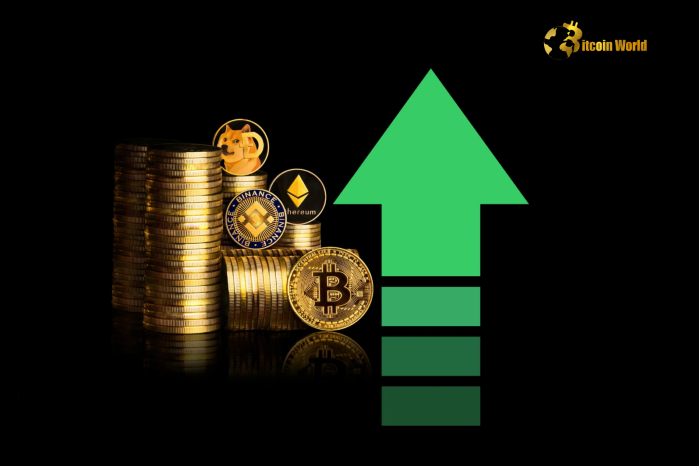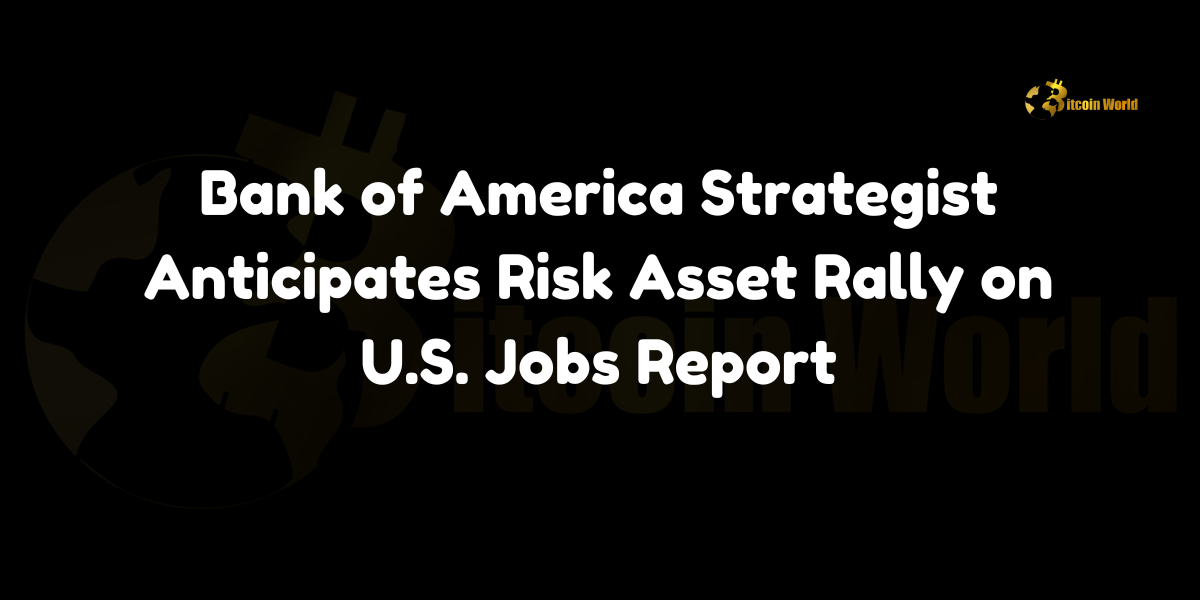Digital Asset Inflows Hit $1.98B Post-U.S. Election, Global AUM Reaches Record $116B
Following the recent U.S. election, digital asset investment products saw a surge in demand, with inflows totaling $1.98 billion. This increase marks the fifth consecutive week of gains, bringing the global assets under management (AUM) in digital assets to an all-time high of $116 billion, according to a report by CoinShares. The U.S. led the charge with $1.95 billion in inflows, while European countries like Switzerland and Germany also contributed, reflecting a growing appetite for digital assets across global markets.
Bitcoin dominated the inflows, securing $1.8 billion, while Ethereum attracted $157 million—its highest level of inflows since July. These investments underscore the renewed interest in digital assets amid favorable market conditions and optimism surrounding potential regulatory changes under the new U.S. administration.
Factors Behind the Surge in Digital Asset Inflows
The post-election rally in digital asset inflows reflects several key factors that are boosting investor confidence:
Pro-Crypto Sentiment Following U.S. Election: Analysts believe that the recent U.S. election could lead to a more favorable regulatory environment for digital assets. With pro-crypto advocates expected to influence policy decisions, investors are increasing their exposure to digital assets in anticipation of clearer regulations and potential institutional support.
Bitcoin’s Price Surge: Bitcoin has reached record highs, making it an attractive asset for both retail and institutional investors. Bitcoin’s $1.8 billion inflow highlights the demand for this leading cryptocurrency as a store of value and an inflation hedge.
Broader Market Recovery: The cryptocurrency market as a whole has seen renewed momentum, with digital assets recovering from previous declines. Ethereum’s inflows of $157 million signal strong interest in altcoins, particularly those like Ethereum that play a significant role in decentralized finance (DeFi) and smart contract platforms.
Institutional Participation: With products like spot Bitcoin ETFs and institutional-friendly platforms, digital assets are becoming more accessible to large investors. This increased access has driven significant inflows into crypto-based investment products, including funds and ETFs.
Bitcoin Leads the Inflows as Demand for Digital Gold Grows
Bitcoin received the lion’s share of digital asset inflows, capturing $1.8 billion of the total $1.98 billion. This level of investment highlights Bitcoin’s role as a digital store of value, especially in an uncertain economic climate where concerns about inflation and fiat currency devaluation persist.
As Bitcoin’s market cap reaches new highs, it is drawing institutional interest alongside retail adoption. The recent election has fueled expectations of regulatory support, which may create a more favorable environment for Bitcoin and other cryptocurrencies. Bitcoin’s appeal as “digital gold” continues to grow, making it a primary asset for both new and seasoned investors in the digital asset space.
Ethereum Sees Largest Inflows Since July
Ethereum, the second-largest cryptocurrency, saw inflows totaling $157 million, its highest since July. Ethereum’s appeal lies in its diverse ecosystem, which supports a wide range of decentralized applications (dApps), DeFi projects, and NFTs. As Ethereum undergoes scalability improvements, including the transition to Ethereum 2.0, investors are increasingly bullish on its long-term potential.
The strong inflows into Ethereum suggest that investors recognize its value beyond a speculative asset. Ethereum’s role in powering DeFi and Web3 applications has made it a core component of the crypto ecosystem, and institutional interest is likely to continue growing as these applications gain traction.
Global Trends: U.S. Leads Digital Asset Inflows
The U.S. accounted for the majority of digital asset inflows, contributing $1.95 billion of the total $1.98 billion. This strong demand underscores the U.S.’s role as a leading hub for digital asset investment, driven by increased institutional participation and greater accessibility to crypto products like ETFs. The pro-crypto sentiment following the election has added further confidence to U.S. investors, who anticipate favorable policy changes that could benefit the digital asset industry.
Switzerland and Germany also recorded notable inflows, reflecting Europe’s growing interest in digital assets. Both countries have taken steps to regulate and support cryptocurrency investment, making them attractive markets for digital asset funds and institutional investors. This trend suggests a broader, global shift towards accepting digital assets as legitimate investments.
The Record-Breaking Global AUM in Digital Assets
With digital asset AUM now at an all-time high of $116 billion, the market is experiencing unprecedented growth. The consistent increase in AUM over the past five weeks shows sustained interest in digital assets, driven by a combination of market conditions, evolving regulations, and growing institutional involvement.
Record AUM levels signal a maturing market where digital assets are gaining mainstream acceptance. As institutional products continue to expand, more traditional investors are likely to incorporate digital assets into their portfolios, enhancing liquidity and price stability across the market.
Outlook for Digital Asset Investment Products
Analysts are optimistic that digital asset inflows will continue to rise, especially if regulatory developments in the U.S. provide clear guidance for institutional investors. With products like spot Bitcoin ETFs and regulated crypto funds becoming more widely available, the market is set to attract additional inflows. Investors are watching for several factors that could impact the outlook:
Regulatory Clarity: The potential for a pro-crypto regulatory environment under the new U.S. administration may further boost investor confidence and attract more institutional capital.
Growing Institutional Adoption: As more financial institutions and asset managers recognize the value of digital assets, their participation could drive significant capital inflows and enhance market stability.
Broader Economic Conditions: In times of economic uncertainty, assets like Bitcoin and Ethereum may become more attractive to investors seeking alternatives to traditional financial assets.
Conclusion
The recent inflows into digital asset investment products, totaling $1.98 billion post-election, underscore a strong demand for cryptocurrencies amid optimistic market sentiment. With global assets under management (AUM) reaching a record $116 billion, the market is experiencing a wave of institutional and retail interest, particularly in Bitcoin and Ethereum. As the regulatory landscape evolves and digital asset products become more accessible, the momentum driving these inflows is likely to continue, further solidifying digital assets as a mainstream investment choice.
For more insights into the factors driving digital asset adoption, explore our article on digital assets and institutional investment, where we discuss how regulatory clarity is shaping the future of the crypto market.





